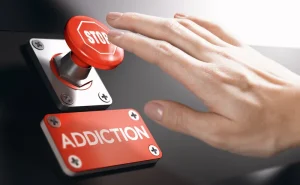
As your brain gets used to a normal amount of dopamine, it will start to reopen dopamine receptors. People in early recovery experience anhedonia because of the way alcohol changes the structure of the brain. It’s the brain’s reaction to the constant flood of dopamine from alcohol. The fewer receptor sites you have, the more of a substance you need to get the same effect.
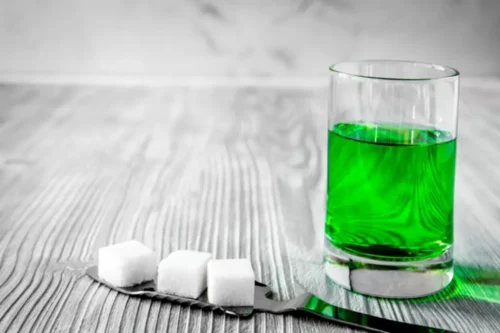
Alcohol abuse example
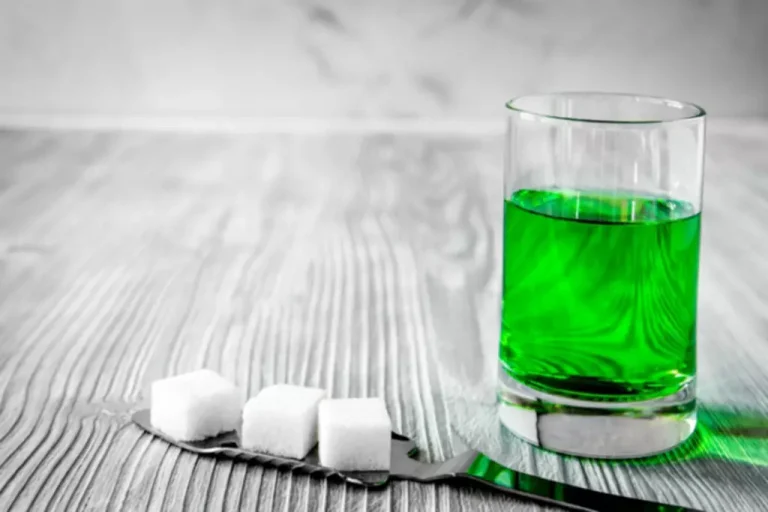
We’ll start by examining the effects of alcohol on your mind and body, then we’ll discuss the link between alcohol and depression, including how it makes symptoms worse and how reducing alcohol can improve depression. There is a strong link between alcohol use and depression, a mental health condition that includes feelings of hopelessness, emptiness, fatigue, loss of interest, and more. But does regular drinking lead to depression, or are people with depression more likely to drink too much alcohol? Clinical insights suggest that treating both alcohol misuse and depression can significantly improve outcomes for those affected. While recovery is not a swift process, addressing both conditions holistically can facilitate improvements in mental health.
Why Might People Experience Depression After Drinking Alcohol?
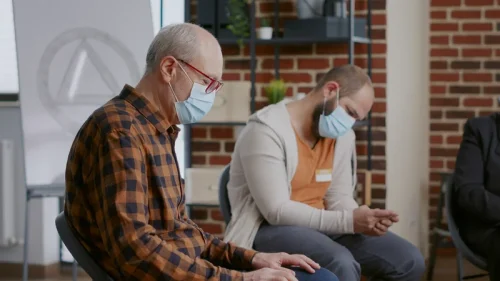
These approaches are proven to help clients manage the effects of alcohol, address drinking habits, and build resilience to support long-term recovery. For those struggling with mental health concerns, the usage can be detrimental. Drinking alcohol can affect your brain chemistry, which can lead to depression. Depression after drinking usually lasts 6 to 12 hours or more if you have an alcohol use disorder.
Alcohol acts as a depressant
Dopamine is involved in the brain’s reward system and serotonin helps to balance mood. At Live Free Recovery Services, we understand the strong connection between alcohol use and depression, including conditions like major depressive disorder. Our programs take a dual-diagnosis treatment approach, addressing both alcohol dependence and feelings of depression to ensure comprehensive care tailored to each client’s individual needs. The connection between alcohol and depression does alcohol make depression worse is complex and bidirectional. Drinking too much alcohol can bring on depressive symptoms, and people with depression often turn to alcohol to find relief.
- While alcohol might provide temporary relief, it often exacerbates depressive symptoms in the long run and creates a vicious cycle of alcohol use and worsening depression.
- Failure to treat both conditions concurrently often leads to ineffective treatment outcomes, as untreated depression can drive continued alcohol abuse and vice versa.
- Alcohol can affect the areas of your brain that help regulate emotions.
- Even when you don’t have much time to spare, spending 15 minutes reading a good book, drawing or doodling, or even looking at cute animal videos can offer a positive distraction.
When to Seek Help for Alcoholism
If you or a loved one needs treatment help for depression and alcohol abuse, reach out to an addiction specialist or contact an addiction specialist. We can help you find the right treatment options for depression and alcohol use. The added head pain, body aches, and nausea can worsen feelings of depression. If you drink regularly to manage depression symptoms, it may have be beneficial to work with a therapist who specializes in treating co-occurring depression and alcohol use.
Depression & Anxiety: Are They Hereditary?
Similar conclusions have been reached in other reviews (e.g., Miller et al., 1995; Miller & Wilbourne, 2004; Moyer, Finney, Swearington, & Vergun, 2002; Wilk, Jensen, & Havighurst, 1997). Continued use of alcohol, or even one instance of binge drinking, can damage certain brain functions. Long-term alcohol abuse not only worsens anxiety and depression but may https://ecosoberhouse.com/recovery-residence/ also lead to liver disease, heart damage, and more. Alcohol and depression are connected in several ways, and the two often feed off of one another. Drinking alcohol is a common social activity, but it’s important to do it in moderation to protect your physical and emotional health. Drinking too much alcohol – or turning to alcohol as a coping mechanism – can worsen symptoms of depression and make the condition harder to treat.

Alcohol Abuse and Depression
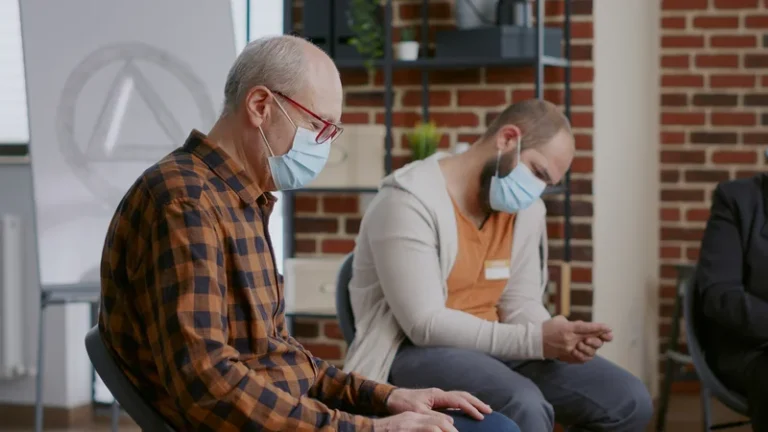
Alcohol also affects inhibitions, leading to poor decision-making and strained relationships with family and friends. Feelings of guilt, shame, and isolation often follow, eroding Alcoholics Anonymous the social support that is essential for recovery. This isolation can intensify depressive symptoms and contribute to a sense of hopelessness. For many individuals with depression, they may use alcohol as a coping mechanism.
Alcohol can also interact with some antidepressants, like monoamine oxidase inhibitors, to cause negative side effects like elevated blood pressure, which could add to one’s overall sense of hangover day stress and anxiety. Unfortunately for those trying to use alcohol for depression management, its wide-ranging effects make it a double-edged sword. Even during the high, Boden points out, booze slows our mental processes, metabolism, breathing, and other functions.
- You can, however, take steps to lower your chances of emotional side effects when drinking.
- It’s been shown to be clinically effective in treating cases involving depression.
- Alcohol is a depressant that slows down the central nervous system.
- Much like barbiturates (sedatives), alcohol is a drug that affects the central nervous system (CNS) and the brain’s functionality.
- In addition to the potential health issues and disruptions to your life, excessive drinking can negatively impact your mental health.
- Depression and alcohol use disorder (AUD) are the most commonly diagnosed co-occurring disorders.
Treating both problems at once with a combination of medication and therapy has shown very positive results. This is especially true when treatment is flexible to the unique needs of the individual. Group therapy, family counseling, and peer support create a network of support. While this initially leads to euphoria, the effect is short-lived.
